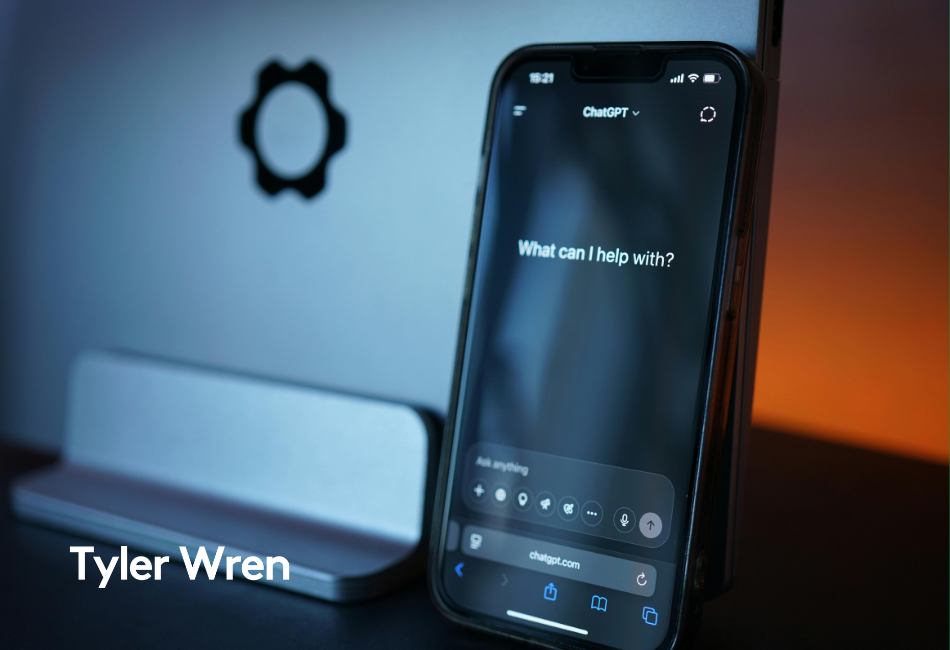From scepticism to acceptance
When platforms like ChatGPT first appeared, many dismissed them as shortcuts for lazy workers. Using AI in the workplace was frowned upon because it looked like cutting corners. But in a short space of time, perceptions have shifted. People now see that these tools support, rather than replace, genuine expertise.
Integration into daily tasks
AI in the workplace is now part of everyday work. Staff use it to prepare first drafts, run quick research, or refine client-facing documents. Because these tools save time and reduce repetitive tasks, they are quickly becoming indispensable. And with adoption spreading, the stigma is falling away.
Shaping employer expectations
Employers have moved beyond questioning whether AI belongs in the workplace. Instead, they expect staff to know how to use it. Having skills in AI is becoming as essential as being confident with Excel or Word. For many professionals, learning to apply AI in the workplace is no longer optional. It is a career advantage.
How New Zealand law firms are responding
New Zealand law firms are also embracing this change. Some firms have rolled out Microsoft Copilot to help with drafting and document review. Others encourage their staff to experiment with ChatGPT or Google’s Gemini for brainstorming or summarising research. Bespoke AI is now available to streamline research, support discovery in litigation, and create time efficiencies in the conveyancing process. Many firms are also adopting LEAP’s integrated AI tools, such as LawY, Matter AI, and the Generator, to assist with drafting documents, researching statutes, and managing conveyancing and other matter correspondence. The key shift is that firms no longer see these tools as a threat. They see AI in the workplace as a resource that frees lawyers from admin-heavy tasks and allows more time for client strategy.
Drafting with AI, reviewing with humans
One of the most common uses of AI in the workplace is drafting documents. In law firms, this can mean contracts, correspondence, or internal reports. But while AI can produce a strong starting point, it cannot replace legal judgment. Human review remains essential to ensure accuracy, nuance, and context. Without it, mistakes could slip through and undermine client trust. Another limitation is that AI-written work can feel flat or generic. It may miss the personality that reassures clients they are working with a trusted professional.
The risks and limitations of AI
Although AI in the workplace is powerful, it comes with important limitations. Tools can hallucinate, generating information that appears accurate but is misleading or wrong. Algorithmic bias is another concern, as AI may reflect prejudices embedded in its training data. Privacy and security risks also arise when sensitive client or business information is entered into public platforms. For lawyers, ethical dilemmas remain front of mind, as professional standards demand accuracy and accountability. Another risk is that over-reliance on AI can strip work of its individuality. A document may look polished, but it can lose the unique voice or personality that helps build trust with clients.
Using AI for CVs and cover letters
For job seekers, AI in the workplace can be a useful ally during applications. Tools like ChatGPT, Copilot, and Gemini can help draft CVs, structure cover letters, and suggest phrasing that is clear and professional. Because these platforms are fast, they can save hours of staring at a blank page.
But there is a catch. Employers want to see personality, not just polished text. Over-reliance on AI can make applications sound generic and remove the individuality that helps you stand out. The best approach is to use AI to create a strong foundation, then add your own voice, examples, and achievements. This way, you benefit from efficiency while ensuring your personality shines through.
The rise of digital fluency
Digital fluency in law once meant mastering precedents and managing case files efficiently. Today, it also means knowing how to work alongside AI. Lawyers who understand how to harness AI in the workplace are more efficient and add greater value to their teams. Because of this, firms are starting to run training sessions so their lawyers know how to use these platforms responsibly and effectively.
Looking ahead
The perception of AI has shifted from suspicion to necessity. Employees and employers now see its potential to boost efficiency and creativity. In the legal sector, that means lawyers who can combine sound judgement with AI in the workplace will stay ahead. The future is not about choosing between human or machine. It is about learning to collaborate with both.
Here at Tyler Wren, we know good people know good people. We offer a referral bonus if you refer someone to Tyler Wren, with whom we secure a new role. Click here to find out more and to refer a friend.
Find out more about Tyler Wren’s
- NZ Legal Recruitment here
- Australia Legal Recruitment here
- Our 2025 Legal Salary & Benefits Guide here
Read some of our most recent Legal articles here:
#TylerWrenLegal #TylerWrenLegalSupport #TylerWrenLawyers #TylerWren #TylerWrenCareers

